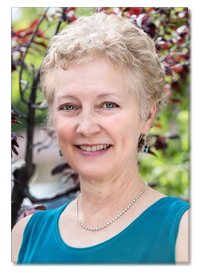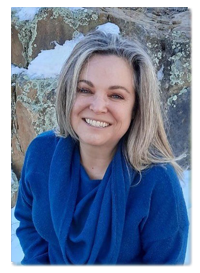For this and other news and articles of interest, visit The Daily Courier at DCourier.com.
April 3, 2010
‘Immediate, permanent’ Brain Integration Technique helps people with learning disorders
By Paula Rhoden
Prescott resident and businessman Greg Raskin suffered from adult attention deficit disorder. As he entered the work world, Raskin found his efforts scattered and he always had projects pending because he could not focus his attention on the task at hand.
Raskin considers himself a “classic case” of AADD and he was a perfect candidate for a new treatment called Brain Integration Technique (BIT), which uses the principles of applied physiology and acupressure.
BIT practitioner Lynn Keehan (now Lynn Leu) said treatment permanently corrects the root causes of ADD, attention deficit hyperactivity disorder, dyslexia and other learning disorders in children and adults.
Raskin was convinced BIT would work for him after seeing how it worked for his son, Alex.
Alex exhibited “glaring signs of attention deficit disorder in middle school. He struggled with his course work and we hired tutors to help him,” Raskin said. After determining Alex was a good candidate for BIT, Keehan treated him, and today Alex is a freshman at Prescott High School where he gets good grades. Alex is off his medications and he is a teacher’s assistant for a math instructor.
“This is a gift we have been given. His progress is directly related to BIT,” Raskin said.
Raskin was a little leery of BIT in the beginning. He thought it was “too weird. I was not a big believer. What I found out is that it works for me and my kids.”
During a presentation for the Abia Judd Elementary School Parent Teacher Organization, Keehan explained that BIT is “cutting-edge.” She said BIT corrects underlying problems in the brain where messages are not reaching the correct receptors.
“An MRI of the frontal cortex before BIT shows no blood flow, nothing going on. After BIT, there is increased blood flow,” Keehan said.
According to Keehan, BIT successfully helps with concentration and memory, visual and auditory processing, planning and comprehension, and coordination and balance. “BIT puts things back the way they were designed to be. It reorganizes the pathways in the brain,” Keehan said.
BIT is a simple 12-hour process. The first step is a 20-minute assessment that identifies which areas of the brain are not receiving messages. With that information in hand and the client lying on a massage table, fully clothed, the practitioner gently touches the appropriate acupressure points to clear the pathways.
Keehan said results are immediate and permanent, although some problems might require fine-tuning.
Keehan treats mostly teens and adults. Her colleague, Laura Fields, works with younger children.
BIT is not cheap. Treatment is $1,200. However, Greg Raskin’s wife Renee said it would pay for itself since there is no longer a need for medication, out-of-town trips to see doctors, or private tutors.
BIT does not turn struggling students into honor students. What it does is allow the brain to receive information. Students still must do the work. Fields said students still may require a tutor to help them catch up, but they will understand what teachers are teaching and, at a certain point, no longer need extra help. While BIT helps people who doctors have diagnosed with a learning disorder, Keehan said an official diagnosis is not necessary to benefit from treatment.
Keehan and Fields treat people who have difficulty paying attention, low self esteem, poor reading comprehension, difficulty spelling, difficulty with math, difficulty completing projects, impulsiveness, and phobias.
Susan McCrossin developed BIT in the late 1980s while working with a team of people in Australia. She has trained hundreds of practitioners in Europe and Australia. McCrossin moved to Boulder, Colo., in 2000 and started teaching BIT in the United States about five years ago. Currently, only 36 certified practitioners are working in the U.S. at this time. “Prescott is lucky to have two of us here at Prescott Brain Integration,” Keehan said.
Anyone interested in more information about BIT can call Lynn at 771-0602 or Laura at 445-0904 or visit www.prescottbrainintegration.com.



